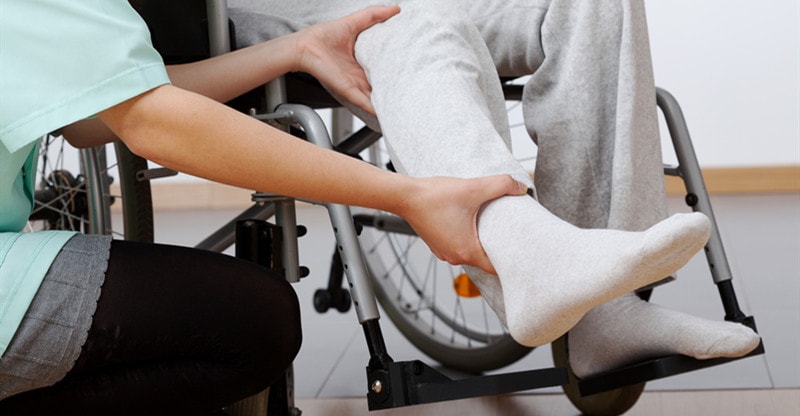How To Cope Better After A Personal Injury
If an accident has ever caused you a personal injury, then you know that sometimes, some of the hardest things to overcome are psychological blocks.
One of the first studies undertaken on the impact of psychological distress on legal claimants for musculoskeletal injuries found that mental anguish greatly increased the time in which cases were settled. The study is a wake-up call for the need to take psychological distress seriously.
Victims of abuse, neglect and other circumstances causing personal injury need to be in their best mental state to face the many tasks required – both legal and medical. If you’re recovering from a personal injury, what steps can you take to ensure your physical and mental health are protected?
Seeing A Professional
It is important to seek legal advice as soon as possible in order to rest assured that your claim will be well dealt with. As stated by Lopez Law, when you are not at fault in a personal injury case, there are various expenses you may be eligible for, including medical care, lost wages and physical therapy.
After listening to you and asking about aspects such as the emotional effects of your injury, your lawyer may deem that you are entitled to obtain compensation for mental conditions such as PTSD, anxiety and other psychological conditions.
Knowing your finances will be looked after is key, as this will allow you to breathe easy and dedicate your time to getting well so you can pick up where you left off, both personally and professionally, to the greatest degree possible.
Knowing The Risks For Psychological Distress
A few known risks for psychological distress following personal injury include needing an ambulance at the time of the injury, being unemployed, being female, and hailing from a low-income household.
If you have any of these risk factors, it is important to seek psychological help. This can come in the form of ‘gold standard’ treatments for trauma like cognitive behavioral therapy (CBT).
This therapy highlights the important links between how human beings think, feel and behave. Therapists usually ask clients to keep a journal and to try changing small behaviors, noting down the impact this change has had on the way they feel or think about a person or situation.
Embracing Holistic Healing Methods
Yoga and mindfulness meditation are the new buzzwords in mental healthcare, with many studies showing their usefulness at combating stress. One recent study undertaken at the Indiana-Purdue University School of Health and Rehabilitation has found that adults with traumatic brain injury benefited greatly from regular yoga sessions.
These sessions improved their strength, endurance, balance and walking speed. Both yoga and mindfulness meditation have also been found to significantly reduce levels of stress hormone, cortisol. This can help keep you in a positive and calm mood, even as you work through tough rehabilitation/physiotherapy sessions to gain your strength back.
The Importance Of Social Interaction
Many studies have been carried out on the importance of social support following a plethora of injuries – including musculoskeletal and traumatic brain injuries.
In one study published in the journal Health and Quality of Life Outcomes, scientists stated that family structure and sources of social support had a positive effect on physical health, pain reduction and return to work. Make sure to surround yourself with people who are keen to help you make your way back to your personal and working life.
If you have been through a personal injury, after seeking medical help, protecting yourself legally and financially is key. Knowing you will be compensated for physical and mental anguish will allow you to work on yourself for as long as you need to. This work can be in the form of counseling, holistic therapies, socializing, and indeed any other methods that you find have a positive impact on your recovery.



